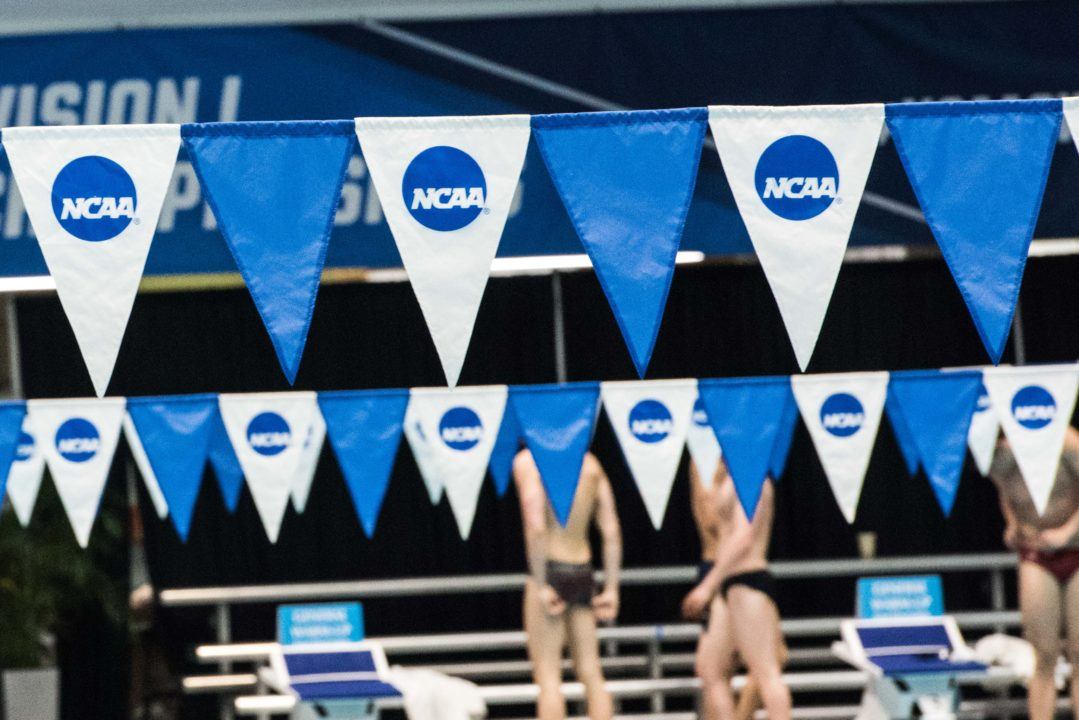The conversation surrounding whether college athletes can be classified as employees of their colleges and universities continues to grow louder given the current landscape of college athletics. Very little of that conversation has centered around how this would impact the NCAA’s international student-athletes.
The NCAA is fighting legal battles all over the country that challenge their long-standing rules and regulations. Their best and most common argument, “amateurism”, does not appear to hold the same power it once did in the legal system. Most recently Dartmouth’s men’s basketball program voted to unionize, taking another step towards being the first college team to successfully join a labor union.
If the players are able to join a union, they would be permitted to negotiate terms such as mental health programs, practice conditions, and wage and hour structure. The players would finally be given a seat at the table, a table built and supported on the backs of athletes for decades. While there is a general consensus that athletes deserve an opportunity to engage with important stakeholders, is the employment or union path best for all college athletes?
The short answer is that nobody truly knows what the consequences of employment will be. There are consequences that could happen or almost certainly will happen. But nobody knows, for sure, what the net impact will be. If employment status is granted, international athletes will be left with a lot of questions.
There are approximately 20,000 international athletes that compete under the NCAA. Currently, 11 of the top times in events that will be competed at the men’s NCAAs are held by foreign athletes. On the women’s side, Mona McSharry (Ireland) leads the NCAA in the 100 breast. Within the group of 20,000, most enter into the United States using an F-1 visa.
Under an F-1 visa, students are limited to 20 hours of employment on-campus or 40 hours when classes are no longer in session. Additionally, students are prohibited from working off-campus during their first academic year, but can work on-campus subject to specific conditions and restrictions. For F-1 students, any off-campus training employment must be related to their area of study and must be authorized by the Designated School Official.
In granting employment status to NCAA student-athletes, this would immediately jeopardize F-1 visa status. For starters, going from student-athlete to employee violates a student visa since athletes would no longer be considered students. Then, based on the requirements, freshmen would be prohibited from competing/practicing away from campus. While the rest of the team goes on a winter training trip, international athletes would be left home. It is also hard to fathom that a college dual meet would be related to a finance major’s area of study.
There are two alternatives to the F-1 visa: the P-1 or O-1 visas. A P-1 visa is a nonimmigrant visa used by professional athletes or other athletes who compete at high-level competitions. An O-1 visa is for athletes who possess elite ability. These alternatives would only benefit a fraction of the athletes who compete in the NCAA and do little for the majority.
These are just a few of the obvious examples of aspects that should be considered when granting employment status to NCAA athletes. It is almost certain that some, if not all, athletes will eventually be granted employment status. However, international athletes deserve to be able to chase their NCAA dreams just like everyone else.

20,000?!? How many total NCAA athletes are there?
520,000
I think revenue sharing is a great idea.
I think NIL is a great idea (but disperse of the collectives. Basically if a kid has a YouTube channel or starts a business they should be able to do that)
I think STUDENT-athlete employment is a terrible idea. This will all but ruin college sports…for the athletes themselves! Administrators will turn into HR positions. Athletes can be hired or fired.
Not to mention how this will ruin the situation for coaches. The best coaches in the country will leave college swimming because this is not what they signed up for.
Stop the madness.
Nick Saban already did.